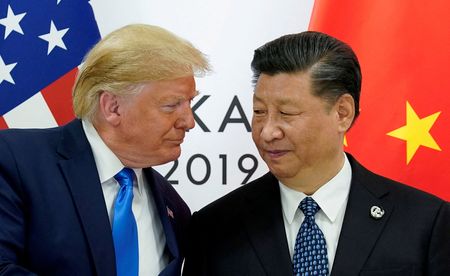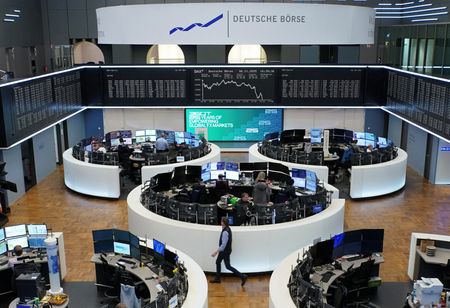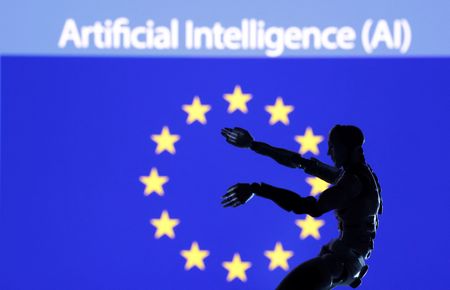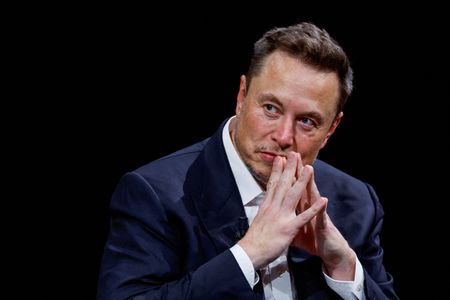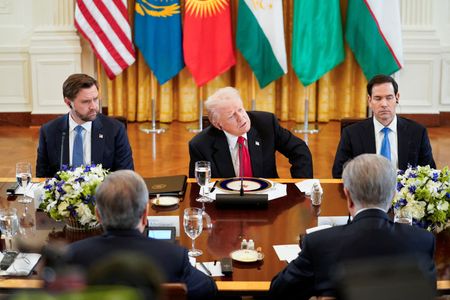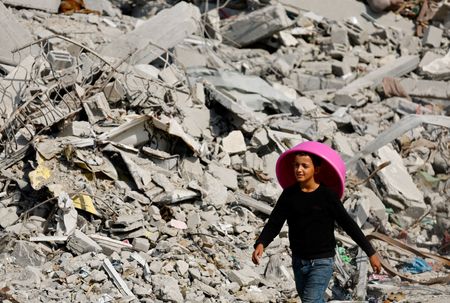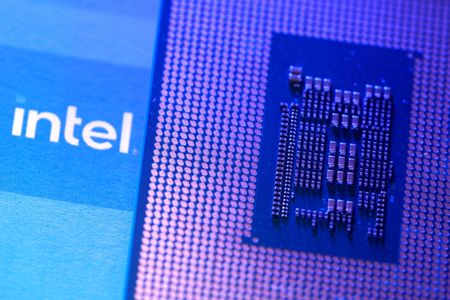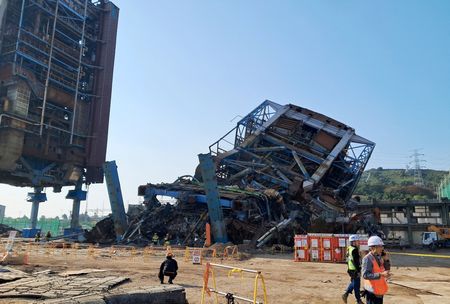By Joe Cash and Xiuhao Chen
BEIJING (Reuters) – Donald Trump unexpectedly held off tariffs on China on his first day back at the White House and did not single it out as a threat, raising the prospect of a rapprochement as both sides look to gain from each other rather than rain harm on an adversary.
In a speech after his inauguration, the U.S. president refrained from mentioning China, its erstwhile opponent in a previous trade war, even as he said tariffs would make the United States “rich as hell”, leaving the door open for fresh negotiations with the world’s second-largest economy.
Trump also delayed the ban on China-owned short-video app TikTok, but in an unprecedented move, suggested that the U.S. should be a half owner of TikTok’s U.S. business in return for keeping the app alive, saying the company could be worth hundreds of billions of dollars.
As Trump begins his second term, Beijing and Washington find themselves needing a new roadmap to advance their goals and guard their interests, analysts say, although previously unresolved issues such as the 2020 trade deal could jar the currently cordial undertones.
During his first term, Trump quickly struck up a relationship with Chinese President Xi Jinping. Both men lavishly hosted each other in Florida and Beijing. But that did not stop ties deteriorating into a trade war that unleashed a series of tit-for-tat tariffs and uprooted global supply chains.
Neither side appears interested in picking up where they left off, however, with signs pointing to the negotiation table instead.
“Trump wants a deal. Otherwise, he would have shot up China on day one,” said Alicia Garcia Herrero, chief economist for the Asia Pacific at Natixis.
“He ran a campaign which was very aggressive towards China, and then on day one shied away from it.”
“China wins because their tariffs are going to be limited. Because they are going to offer Trump whatever he needs to do a deal. Financial services? The renminbi? You want a stronger renminbi? Sure, perhaps on a temporary basis,” she added.
Another trade war would find China much more vulnerable than when Trump first raised tariffs in 2018, as it grapples with a deep property crisis, weak domestic demand and 16% youth unemployment, among other challenges.
Chinese stocks were volatile on Tuesday as investors struggled to make sense of Trump’s plans for China.
Last week, Xi and Trump agreed on a phone call to create a strategic communication channel on “major issues”.
The 47th U.S. president also said he could travel to China as soon as this year.
CHINA HAWKS
Hurdles could come from elsewhere, including Trump’s inner circle.
Marco Rubio, a known China hawk, was confirmed as Secretary of State shortly after the president was sworn in for a second White House term.
But other members of Trump’s administration may have divergent views on China.
Elon Musk, appointed by Trump to lead an advisory body aimed at creating a more efficient U.S. government, has extensive business interests in China and spent years cultivating close ties with the Chinese leadership as Tesla’s CEO and might also want to weigh in on China policy.
Analysts say Trump will see himself as America’s top diplomat and will not look to rely on Rubio, who is still under sanctions that China imposed in 2020, or his picks for commerce secretary or trade representative.
“The concentration of power by Trump is unprecedented in recent U.S. history. He may be the only one China can speak to from a practical perspective,” said Bo Zhengyuan, a Shanghai-based partner at consultancy Plenum.
“But it depends how much Trump can move inside the U.S. system, because the consensus has already formed that China is the U.S.’ No.1 adversary.”
If pragmatism holds, there is an opportunity for China to talk Trump into unwinding export controls that the Biden administration had introduced to curb China’s capability in key technologies such as semiconductors, analysts say.
“Trump is a businessman at heart, his considerations are more pragmatic, he is not interested in ideology,” said Wang Dong, an international relations professor at Peking University.
“Other problems, like geopolitical issues, the Taiwan question, are all secondary to Trump,” he added, noting the self-governing island, which Beijing claims as its own, did not come up in his inauguration speech.
“We will see whether the U.S. will return to a more pragmatic and rational state, so that both sides can further enhance China-U.S. relations and return to the track of healthy, stable and sustainable development,” Wang said.
“If this can be done, we can even compare it to a ‘Nixon 2.0.”
Former U.S. President Richard Nixon visited Beijing in February 1972 at the height of the Cold War, paving the way for the establishment of formal diplomatic ties and China’s return to the international arena.
(Reporting by Joe Cash and Xiuhao Chen; Editing by Raju Gopalakrishnan)

